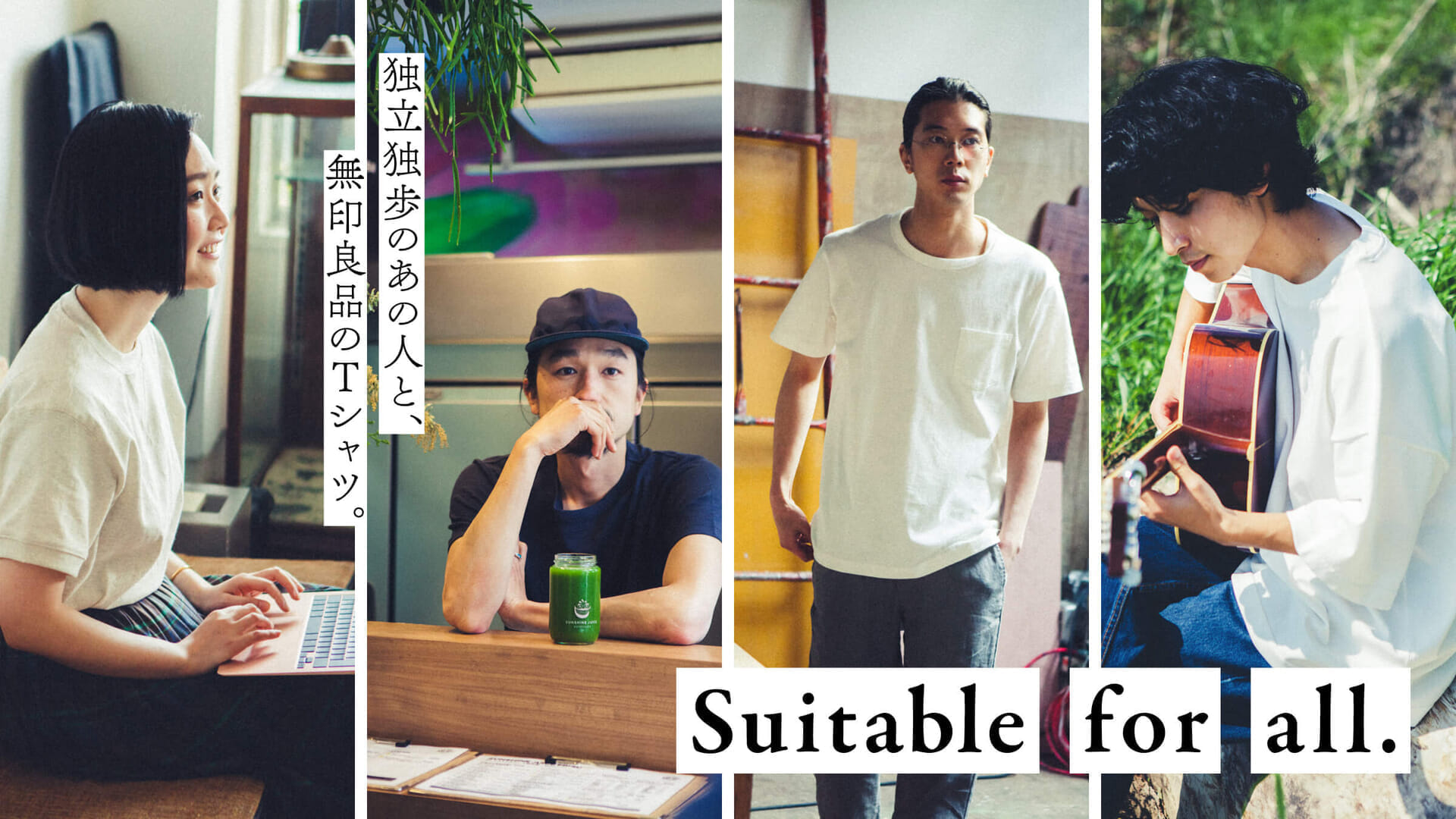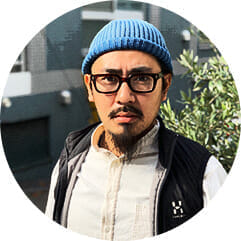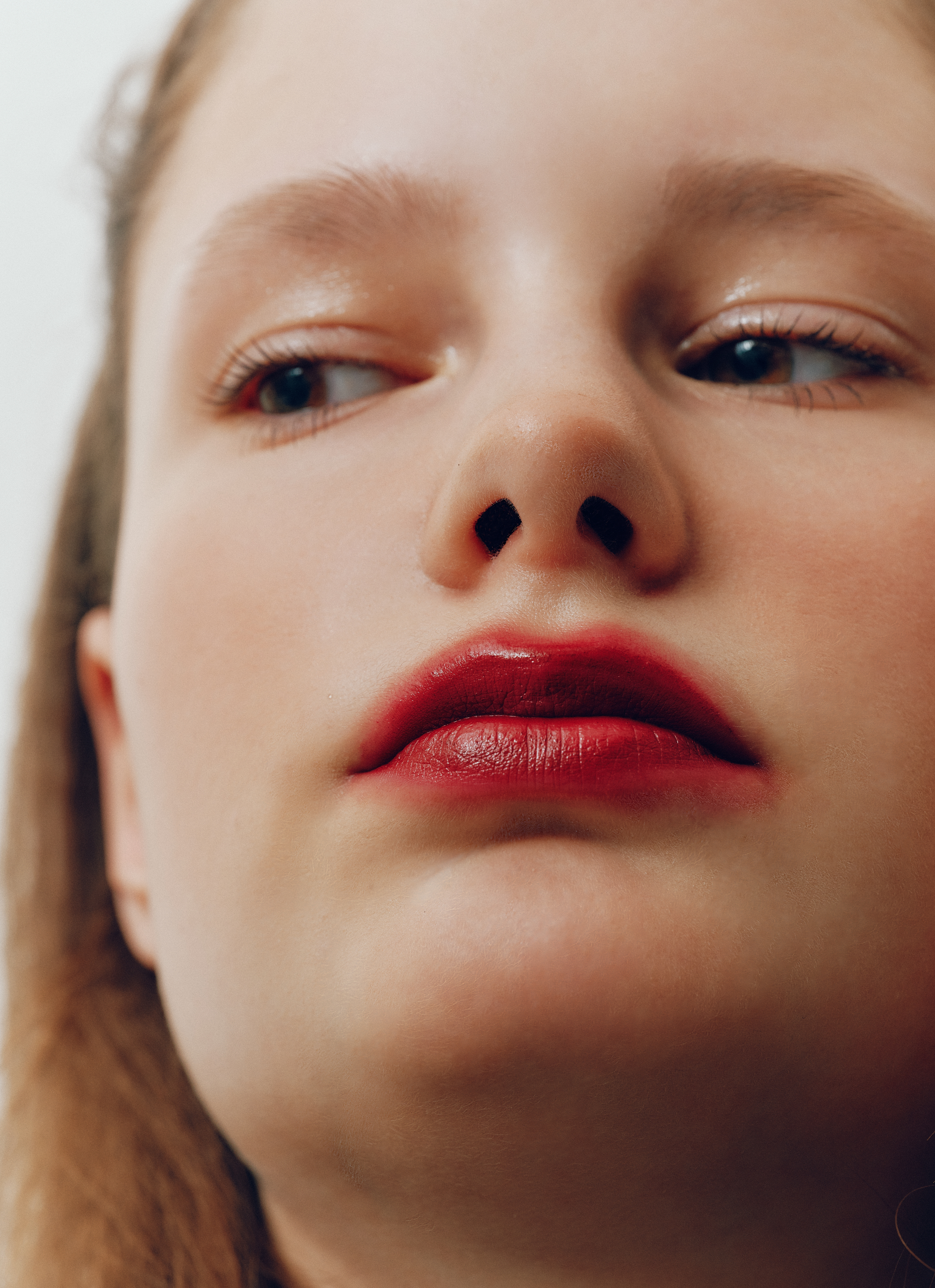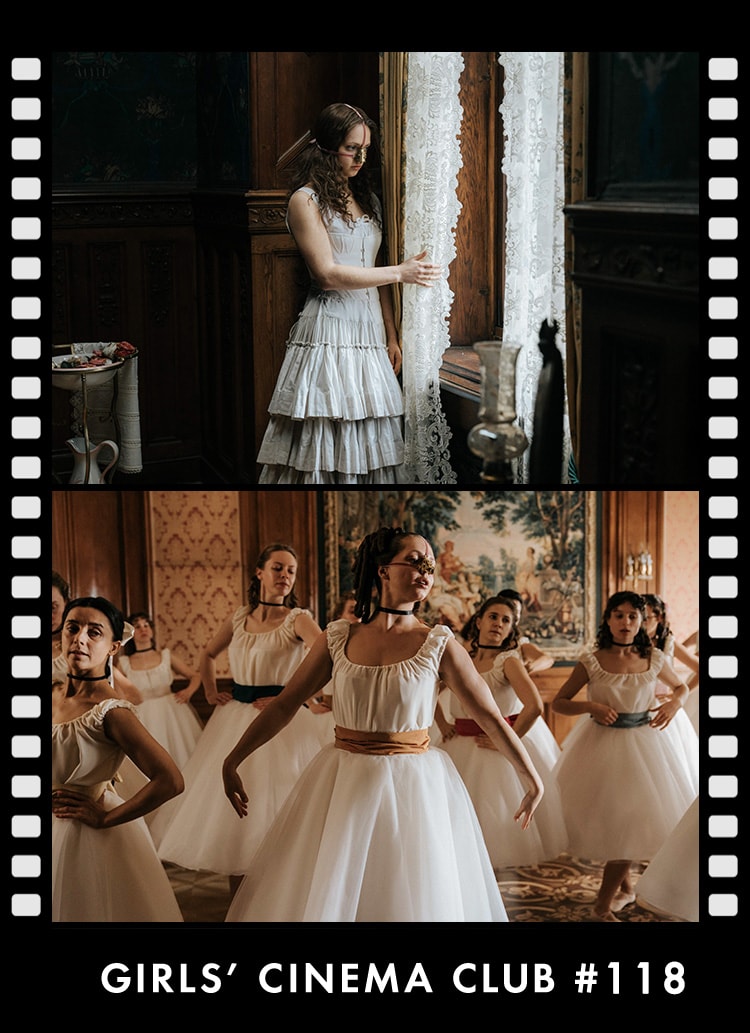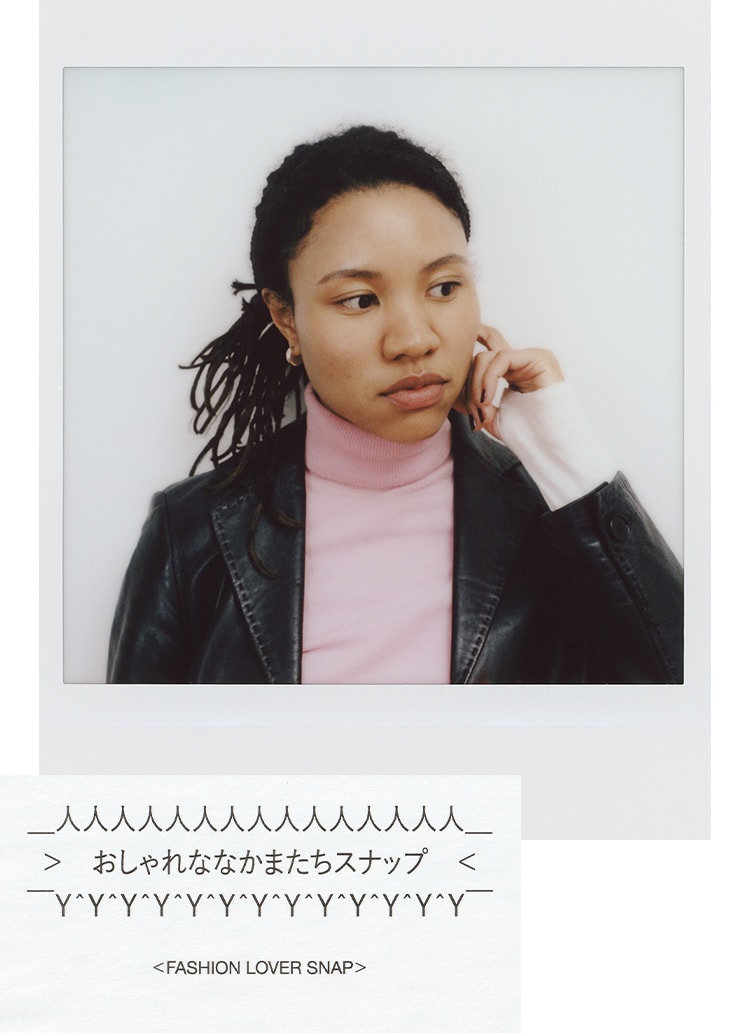02 Shigemi Abe / Representative of TUMMY

PROFILE
Graduated from Kyoto University, Faculty of Agriculture in 2014 and joined Hakuhodo Inc. for training to become a person who can communicate the buried charm of fields and agricultural products , leaving the company in 2018. After 5 months of affiliation at SHE Corporation, a human resources startup, he founded TUMMY. . Apart from work, he belongs to GOBO, a nationwide network of alumni and alumnae of food and agriculture student organizations. . He is also active outside the company, leading projects from his unique perspective, such as the "Bamboo Forest Ideathon," in which he views a field as a meeting room.
Instagram:@narumi_bee
Farmers are strong because they are confronted with nature.
What made you interested in food and the food system?
I grew up in Yamaguchi Prefecture, but despite all the "local production for local consumption" propaganda, when I actually went to the supermarket, all I saw were vegetables from other prefectures. I thought it would be faster and closer to home if they were brought from within the prefecture, instead of from far away. Moreover, I heard that Japan imports a lot of food, but throws away 1/3 of it, and I began to wonder why this was happening. I began to wonder why this was happening.
. Then you entered the Faculty of Agriculture at Kyoto University, didn't you?
. I had no contact with agriculture until I entered college. However, I started visiting farmers, and the vegetables I ate in their fields were so delicious that I came to like farming more than food. Also, many farmers are in direct contact with nature, and I don't know if "strong" is the right word, but I am often impressed by their wisdom and words. . So I think it's a shame that such charms are not properly conveyed to the public.

After graduating from college, when did you join Hakuhodo?
As a college student, I wanted to brand agriculture, but at first I didn't even know the word branding, let alone how to do it. . Anyway, I thought it would be a company where I could learn such things, so I joined the company and worked there for four and a half years. In order not to lose touch with agriculture, I continued to participate in study sessions and visits to farms through GOBO, an agriculture club for working adults.
A. After leaving the company, you started your own company, TUMMY, of which you are now the president.
As a company that supports branding related to food and agriculture, we help connect consumers with producers who grow primary products with love. . We also provide information through a media called "Hataketo," which is related to a life with agriculture.

Is there a lack of branding in agriculture?
. I don't think there is any particular need for agriculture in the sense of "just supporting the stomach." However, there are certainly primary products that have been grown with love and care, but have lost their way. I believe that if we can design and communicate properly and let consumers know about it, both parties will be happier.
. Also, I would like to increase the number of people involved in "agriculture. We often work with freelancers for branding purposes, and many people are awakened to the joys of agriculture when they are exposed to it. If we can pull in people who are interested in farming but are not yet (laughs), we may be able to increase the number of people who incorporate farming into their lives, although on a smaller scale.

Bait or gourmet?
Do you have any feelings about the food scene these days?
The food scene is polarized, isn't it? I hate to say it, but the first one is nutritional intake, like feeding. On the other side, there is the gourmet diet, such as eating out. I would like to see more people eating a simple, rich meal that is neither of the two, such as rice and miso soup, or a meal on a "ke" day (hare and ke). I would like to see more people eat a meal that is rich and humble, such as just rice and miso soup on a "ke" day (hare and ke).
. Although recently there has been an increase in shared farmland, it is still difficult to live in a city and farm at the same time.
Perhaps you are all setting the hurdle for yourselves. Of course, going to a farm is one thing, but even a balcony garden is farming. I think it's a good idea to start from there.

To be thankful for life , and to live carefully.
Abe-san, who is seriously involved in agriculture, what kind of brand is MUJI from your point of view?
I like the fact that they make and sell good products, not bad or cheap ones. I remember that the chairman of MUJI said somewhere that a farm life is the best way to live, and I was moved by that.
For example, I think that the worldview of MUJI includes the value of living carefully, and I think that living carefully is connected to the mindset of being grateful for the life we have when we eat, which is a part of the "polite life. When we are close to agriculture, it is easy to remember that we are receiving life, which we usually tend to forget. I think this is the way of thinking....
. Just like food, T-shirts are a part of everyday life, aren't they? What do you choose?
Many of them are plain. . I also choose items that are not mass-produced, or I dye my current items and wear them for a long time. For this reason, I try to choose items with designs that will never change. MUJI" is one of my favorite brands because it has many such items.

Thick jersey knit T-shirt with gusset 990 yen
Made of eco-friendly organic cotton and knit tightly with thick yarn, it can be used as a single piece of clothing. The gusset at the chest and the washed finish to give it a familiar look make it a fashion item similar to a sweatshirt that can also be enjoyed.


